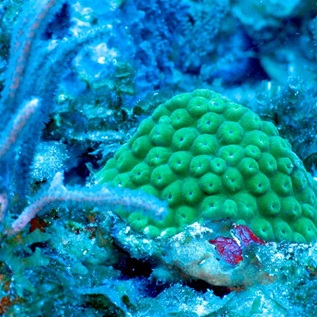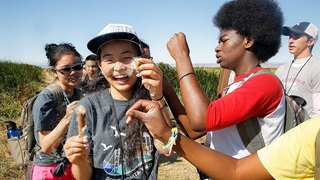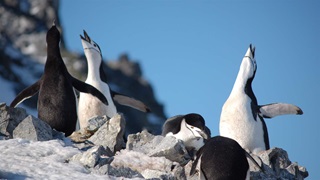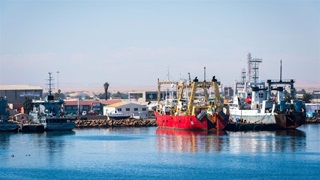Managing Parrotfish Fisheries in the Caribbean
A March 2014 study in the journal Fish and Fisheries describes a new approach to ecosystem-based fisheries management of coral reefs in the Caribbean Sea. The study, written by Peter J. Mumby, Ph.D. Pew marine fellow and professor at the University of Queensland in Australia, focuses on parrotfish, the target of an important fishery.
Parrotfish also contribute to healthy coral ecosystems because of their appetite for algae on certain parts of the reef. Mumby recommends that if the fishery must exist, managers should consider regulations that prevent fishing for parrotfish from the part of the reef where they play this important role, though fishing for other species could still occur.
The role of parrotfish on a coral reef
-
Parrotfish graze on algae, a competitor of coral, preventing algae from overtaking the reef.
-
Healthy coral, with low algal cover, provides a structurally complex reef habitat.
-
Complex reefs can support a high density and diversity of fish, and therefore, can also support much higher fisheries production.
Download the full PDF fact sheet: Managing Parrotfish Fisheries in the Caribbean.









